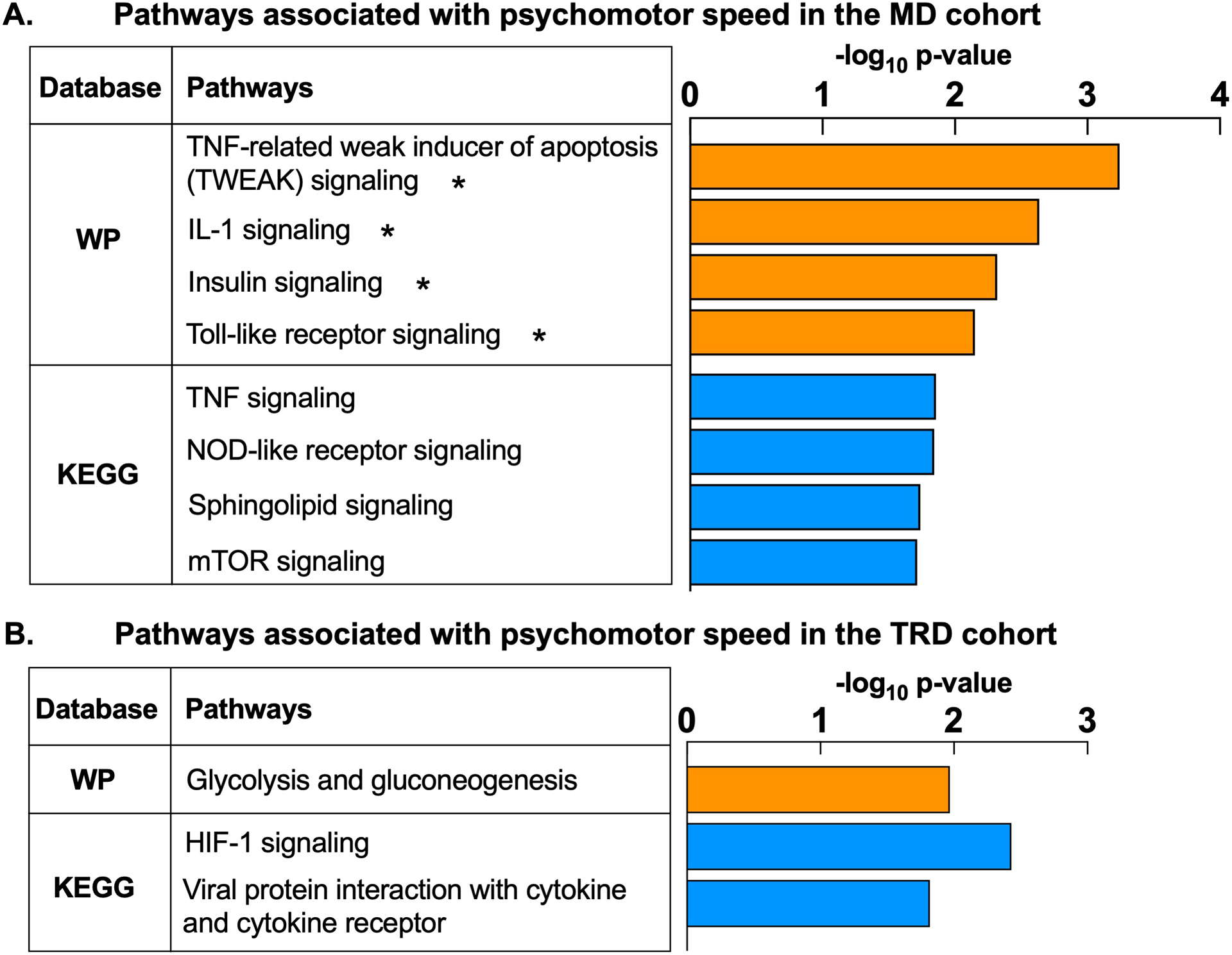Fig 1. Gene transcripts associated with psychomotor slowing are enriched for immune and metabolic pathways.

Composite psychomotor factor scores as calculated by Goldsmith, Haroon2 were used as the primary metric of psychomotor slowing in both the primary cohort of medically-stable, unmedicated patients with major depression (MD) (A) and a secondary cohort of medically-stable patients with treatment resistant depression (TRD) (B). The composite psychomotor factor reflects performance on 1) Finger Tapping Test, 2) Reaction Time Task from the Cambridge Neuropsychological Test Automated Battery (including simple and choice reaction and movement latency measurements), 3) Digit Symbol Substitution Task, and 4) Trail Making Test, with higher factor scores indicating increasing severity of psychomotor slowing. Association between composite psychomotor factor scores and whole blood gene expression was assessed in linear models adjusting for covariates. Pathway enrichment analysis using the WikiPathways and KEGG databases revealed that N=403 gene probes associated with the composite psychomotor factor in the MD cohort (n=88 patients) enriched immune (e.g. Tumor necrosis factor [TNF], TNF-related weak inducer of apoptosis [TWEAK], interleukin-1, toll-like and NOD-like receptor signaling) and metabolic (e.g. insulin, sphingolipid, mTOR signaling) pathways (all p<0.05). (A). Similarly, N=266 gene probes associated with the composite psychomotor factor in the TRD cohort (n=57 patients) enriched pathways related to inflammation (viral protein interaction with cytokine and cytokine receptor) and glucose metabolism (glycolysis and gluconeogenesis, hypoxia-inducible factor [HIF]-1 signaling) (all p<0.05) (B). WP, WikiPathways; KEGG, Kyoto Encyclopedia Gene and Genome; TNF, Tumor necrosis factor; IL-1, interleukin-1; NOD, Nucleotide-binding, oligomerization domain; mTOR, mammalian target of rapamycin; HIF-1, hypoxia-inducible factor-1. *pathways are significantly enriched at p<0.05 and q<0.1.
